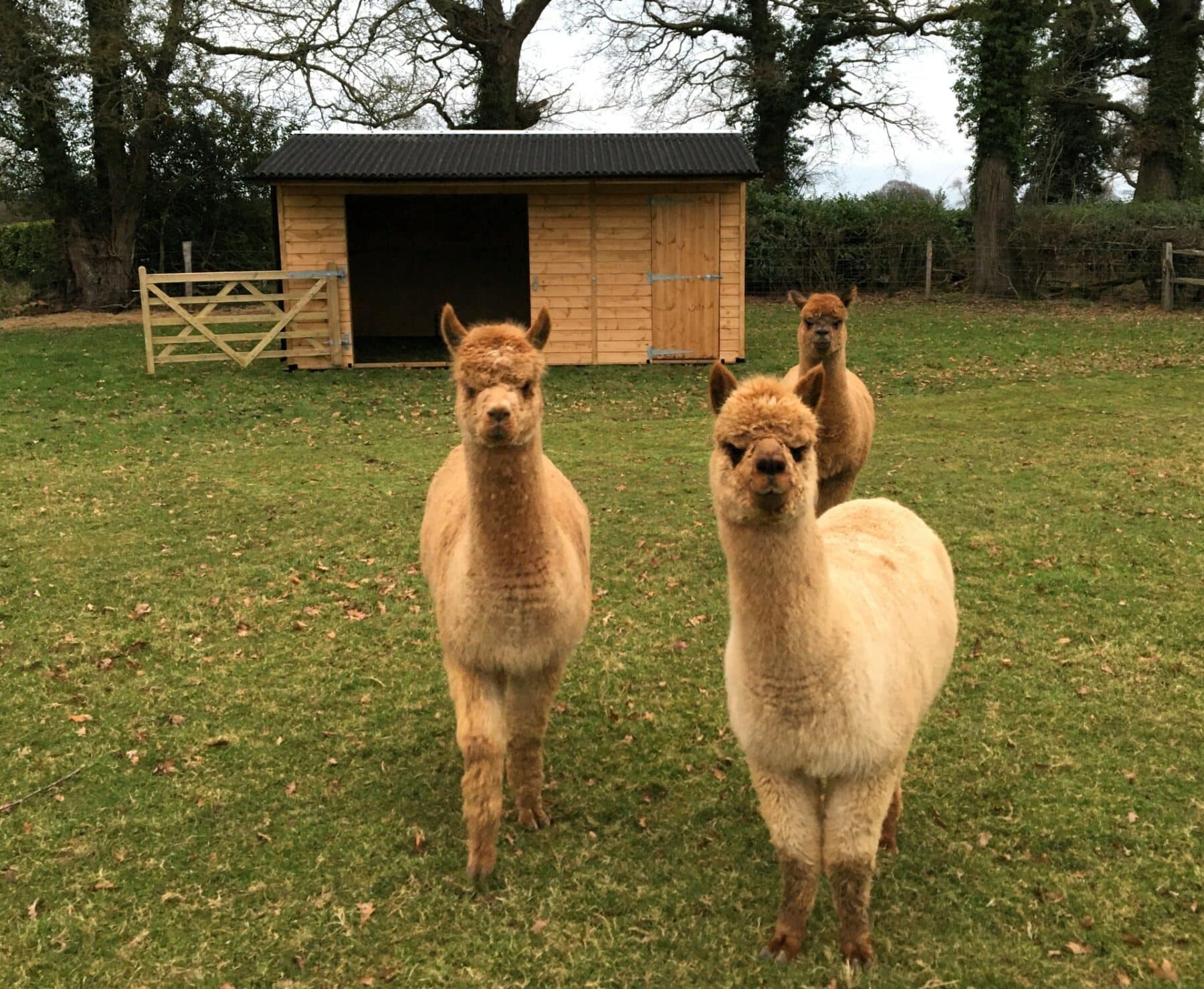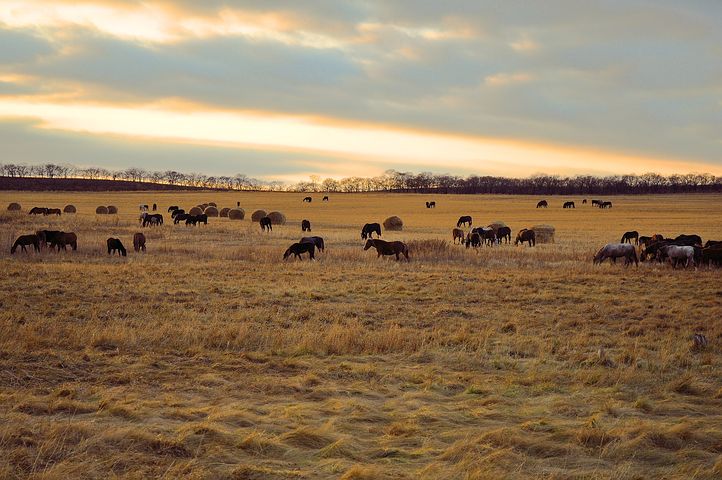This question often arises among horse owners and is commonly referred to as ‘Cross Grazing’. Cross grazing horses with certain other livestock can provide numerous benefits to pasture management and animal health. Here are some animals that are safe to cross graze with horses:
Sheep
Sheep are one of the best animals to graze alongside horses. They help manage grass and weeds, and they consume equine parasites without being affected by them. This helps break the lifecycle of parasites and reduces the burden on your pasture. Additionally, sheep are small and docile, making them easy to manage in the same grazing area as horses.
Cattle
Cattle can also be safely grazed with horses. They graze differently from horses, often eating the rough grass that horses leave behind. This helps maintain a more uniform pasture. Like sheep, cattle do not share the same parasites as horses, which helps in controlling parasite populations. However, itβs important to ensure that the pasture is large enough to accommodate both types of animals comfortably.
Goats
Goats can be beneficial in mixed grazing systems due to their browsing habits. They eat weeds and shrubs that horses may ignore, helping to keep the pasture clean and reducing the weed burden. Goats also do not share many of the same parasites as horses, making them a good choice for cross grazing. However, goats can be more challenging to contain, so ensure your fencing is adequate.
Alpacas and Llamas
Alpacas and llamas are increasingly being used in cross grazing setups. They are effective in managing pasture as they graze on different plants than horses. Additionally, they can provide protection for the herd due to their natural guarding instincts. They are relatively low-maintenance and do not pose significant parasite risks to horses.

Benefits of Cross Grazing
Grazing horses with other livestock helps maintain a balanced pasture. Here’s how:
- Managing Grass Growth: During the spring and summer months, cross grazing helps control the amount of available grass, preventing horses from becoming overweight.
- Parasite Control: Sheep are particularly effective for cross grazing because most parasites are species-specific. This means that equine parasites ingested by sheep will have their lifecycle halted, reducing the parasite burden in the pasture.
- Weed Reduction: Other livestock can graze down areas of rough grass that horses typically avoid, leading to a more evenly grazed pasture.
Considerations for Cross Grazing
- Parasite Management: While cross grazing reduces equine parasites, livestock can introduce their own parasites. A regular worming programme for all animals is essential.
- Pasture Hygiene: Regularly removing droppings from the pasture, ideally daily, helps control parasites and prevents grass from becoming sour and unpalatable.
- Rotational Grazing: Combining cross grazing with rotational paddock management ensures effective parasite control and promotes healthy pasture growth.
Tips for Effective Cross Grazing
- Secure Boundaries: Ensure that fencing is safe and secure for both horses and other livestock. Sheep fencing, a square galvanised wire fencing, can be added to existing timber posts and rail fencing for added security. Most farm shops stock this fencing and may offer delivery.
- Consult a Vet: For advice on creating an effective worming programme, consult your vet. Regular faecal egg counts can also help monitor and manage parasite levels in your pasture.
Why Choose Prime Stables for Your Equine Needs?
At Prime Stables, we understand the importance of maintaining healthy and productive grazing environments for your horses. Our bespoke, handcrafted timber buildings are designed to meet your specific needs, ensuring your horses have a safe and comfortable home. We offer a wide range of equestrian buildings, from stable blocks to mobile field shelters, tailored to suit your requirements.
Contact us today and explore our products and services at Prime Stables, and let us help you create the perfect environment for your horses.


